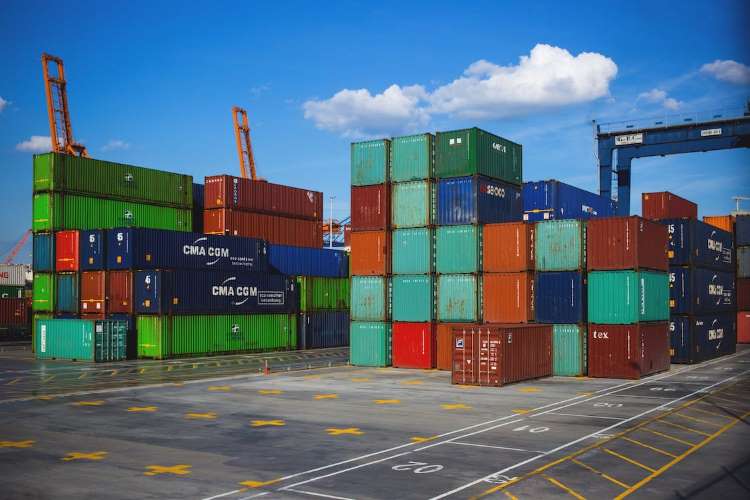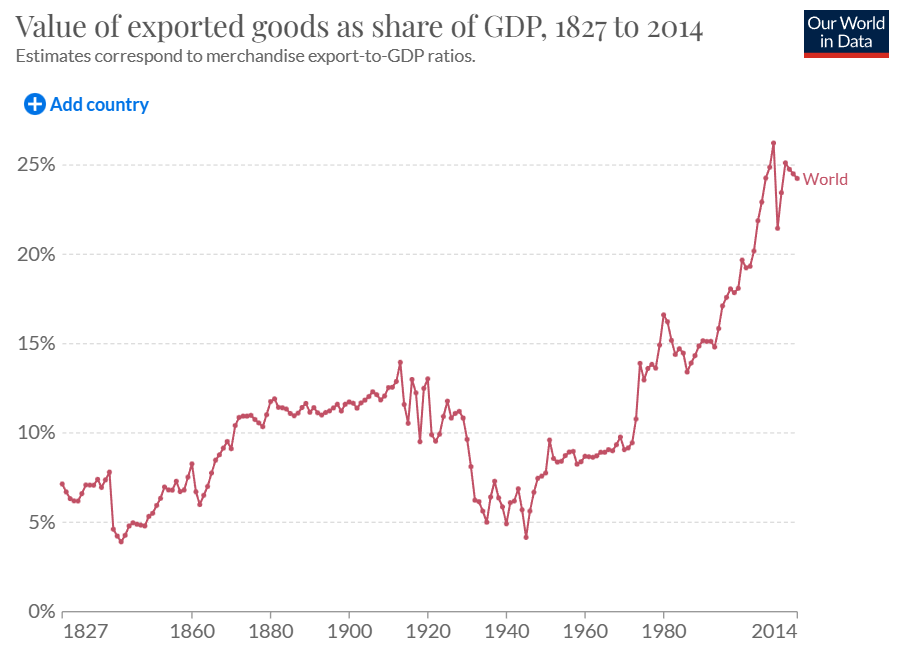
A group of experts has outlined the urgent need for comprehensive reforms within the World Trade Organisation (WTO) to address the frustrations faced by developing countries and enhance global trade and development. The authors highlight the growing dissatisfaction among developing countries with the WTO’s rulemaking, implementation, and dispute settlement functions.
In a new paper titled Establishing a Consensus on Development: On G20-Led WTO Reforms, Pradeep S Mehta, Sneha Singh, Badri Narayanan Gopalakrishnan, Peter Draper, Hamid Mamdouh, and Heribert Dieter suggest that the G20 take the lead in driving these reformatory interventions. hey emphasis the need to identify systemic issues that hinder trade and development in these countries and propose evidence-based compromises to revitalize the WTO and foster a development-oriented approach.
READ I India’s pharma industry must rebuild its global reputation
One of the major challenges faced by the multilateral trading system is its failure to deliver on development promises. The paper points out that the WTO’s objectives, as outlined in the Marrakesh Agreement, go beyond economic gains and emphasize the importance of developing countries securing a share in international trade commensurate with their economic needs. However, the partial fulfilment of these objectives and the lack of updates to address the demands of the current century have led to increasing frustrations.

The paper highlights the complications arising from deglobalization and geopolitical fragmentation, which have hindered trade-led development. The rise of political and geopolitical considerations in trade policy, exemplified by the China-US trade war and the formation of antagonistic trade blocs, has impeded multilateral consensus-building. Moreover, unilateral policy measures in response to the COVID-19 pandemic, the Ukraine conflict, and the climate crisis have further fueled protectionism and fragmentation in international commerce.
The authors suggest that the G20, with its diverse membership and influence over respective negotiating coalitions at the WTO, should play a pivotal role in facilitating consensus on WTO reforms to achieve global developmental objectives. The authors propose integrating the agenda of relevant WTO committees and working groups within the G20 to guide its discussions on trade and development. Additionally, they recommend increasing engagement with diverse stakeholders to enhance support and legitimacy for WTO reforms.
WTO reforms need of the hour
The paper puts forward several recommendations to the G20 for making the WTO more effective. It suggests reassessing the rules on consensus to enable more efficient decision-making, exploring principles for triggering voting requirements, and maintaining transparency and predictability. The authors advocate for a balance between fixed common purposes and flexibility to overcome impasses and address the concerns of different members.
Reconsidering the rules on consensus: The paper suggests exploring the option of voting as an alternative to the consensus rule in decision-making processes. This would ensure that decisions are not blocked indefinitely and would increase transparency and predictability within the WTO.
Reformulating the rules on recognising S&DT beneficiaries: The paper recommends developing objective criteria to determine eligibility for S&DT provisions, rather than relying solely on self-designation by developing countries. It also suggests introducing flexibility and nuance into the criteria based on the diverse needs and capabilities of different developing nations.
Making S&DT provisions precise, effective, and operational: The paper highlights the need to address the shortcomings of S&DT provisions within the WTO rulebook. It suggests increasing the flexibility of commitments to accommodate the diversity in capacity and priority among WTO members. Additionally, it recommends optimizing trading opportunities for developing countries by promoting manufacturing and export through considerations of tariffs and industrial tools.
Enhancing engagement with diverse stakeholders: The paper emphasizes the importance of increasing awareness and engagement with diverse stakeholders to enhance support and legitimacy for WTO reforms. It suggests involving various G20 engagement groups, such as Think20, Business20, and Civil20, to devise capacity-building programs and seek inputs from the private sector, civil society organizations, and other non-governmental stakeholders.
By taking the lead in these reforms, the G20 aims to revitalize the WTO and enable tangible benefits from S&DT provisions for developing countries. The authors propose that the G20’s engagement groups, such as Think20, Business20, and Civil20, play a crucial role in capacity building and seeking inputs from diverse stakeholders.
The recommendations put forth in the paper seek to establish a consensus on development and ensure that the WTO functions as an effective global institution. As the G20 assumes the responsibility of driving these reforms, it has the potential to reshape the multilateral trading system and promote inclusive and sustainable global trade and development.
(This article has used artificial intelligence inputs.)
